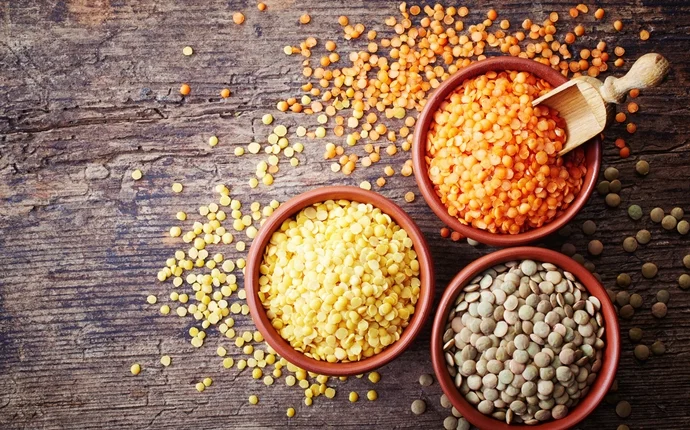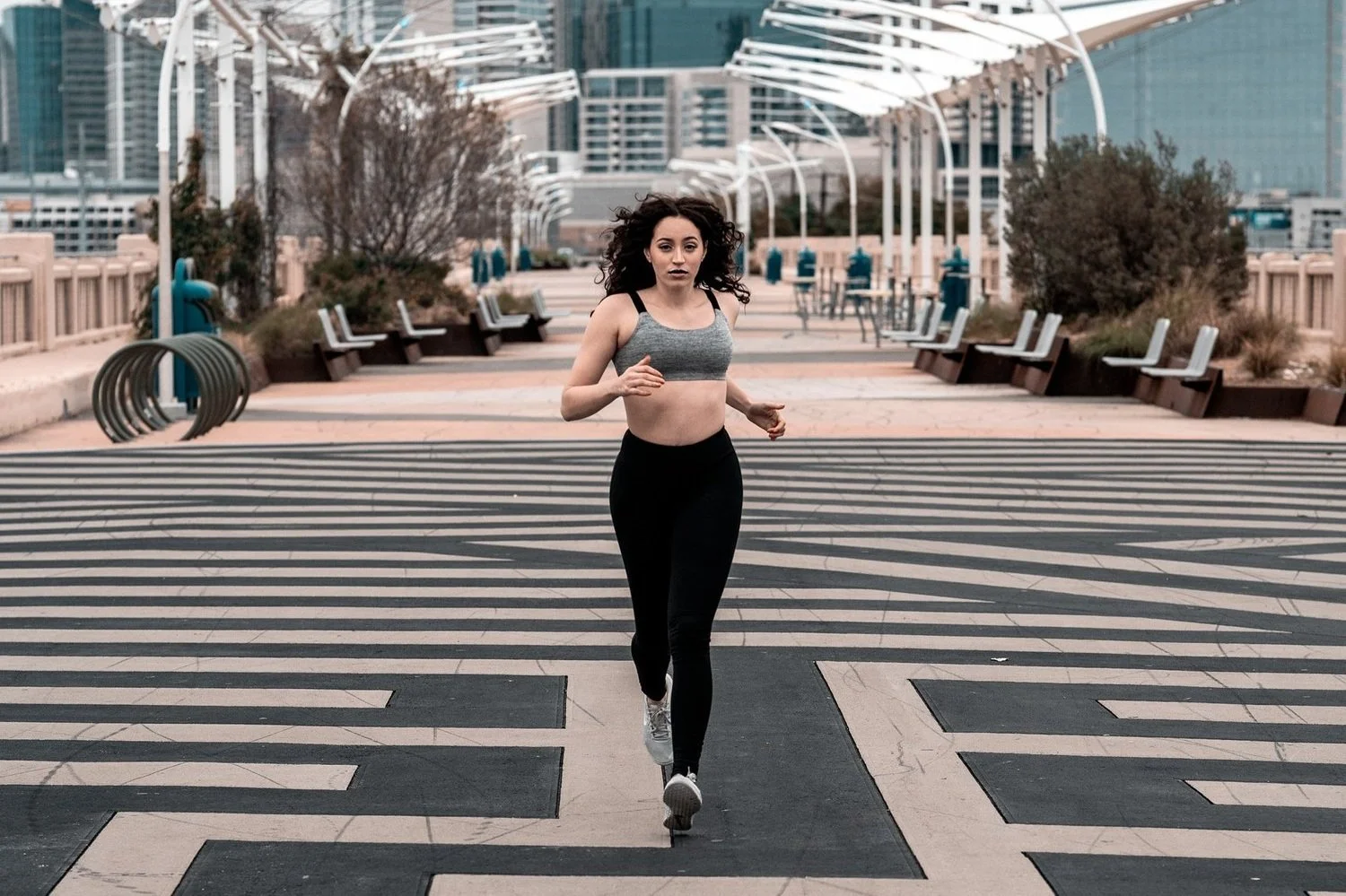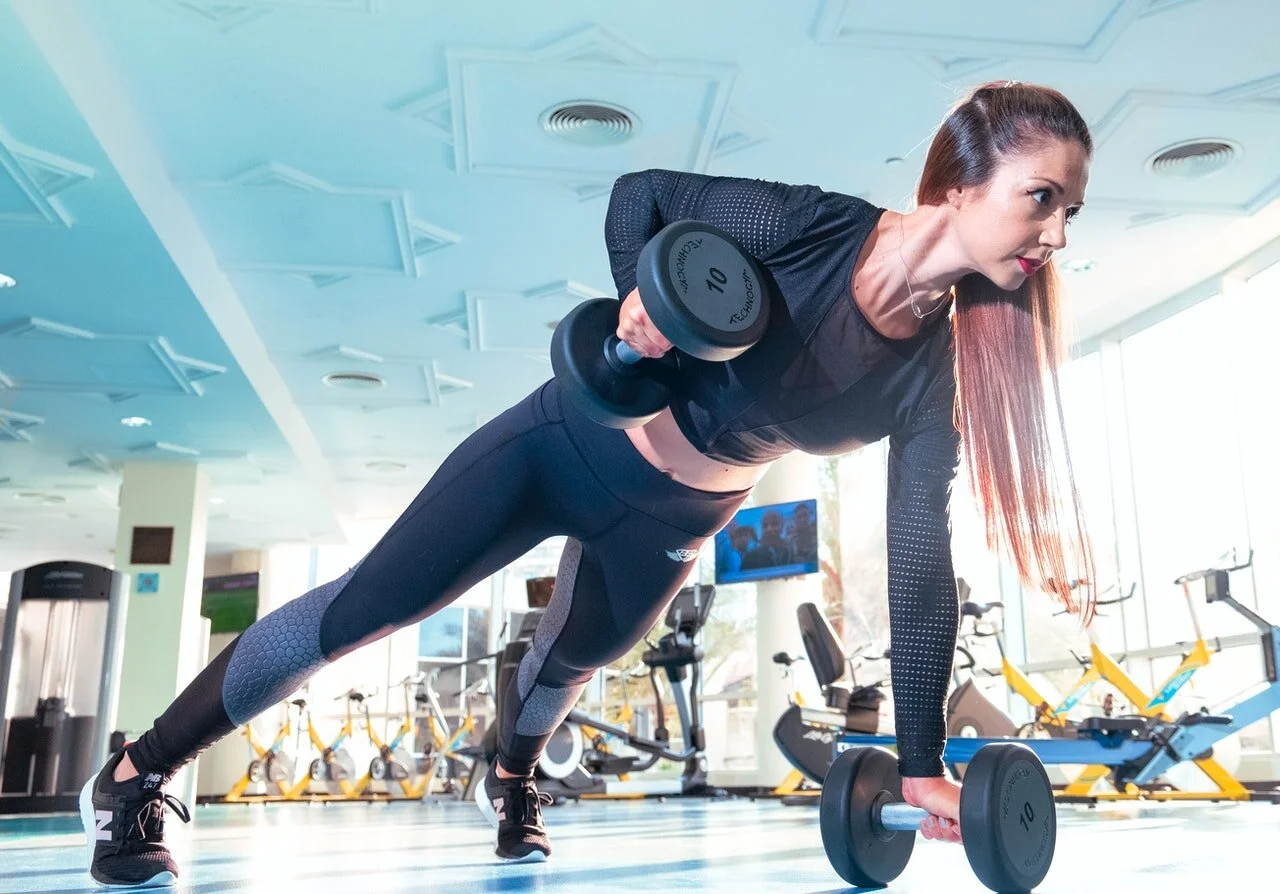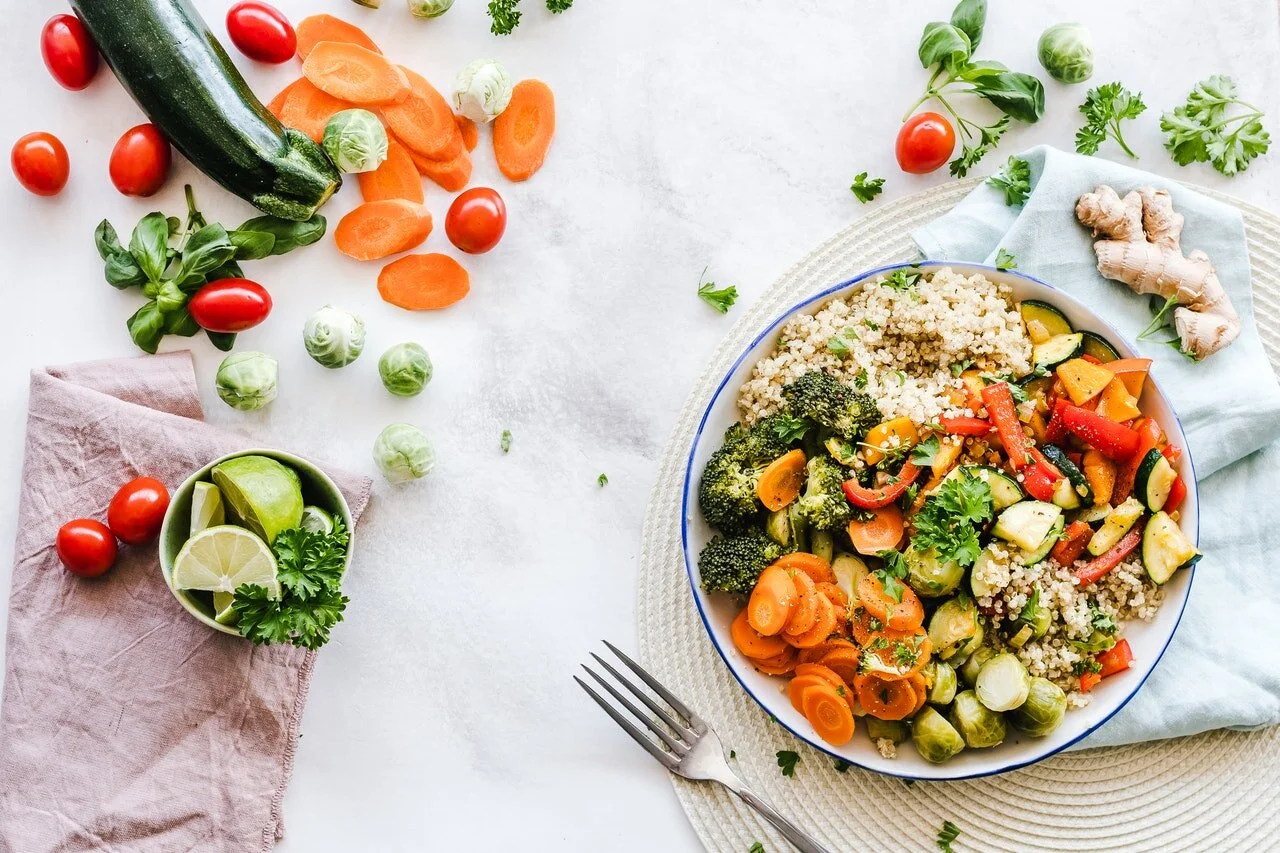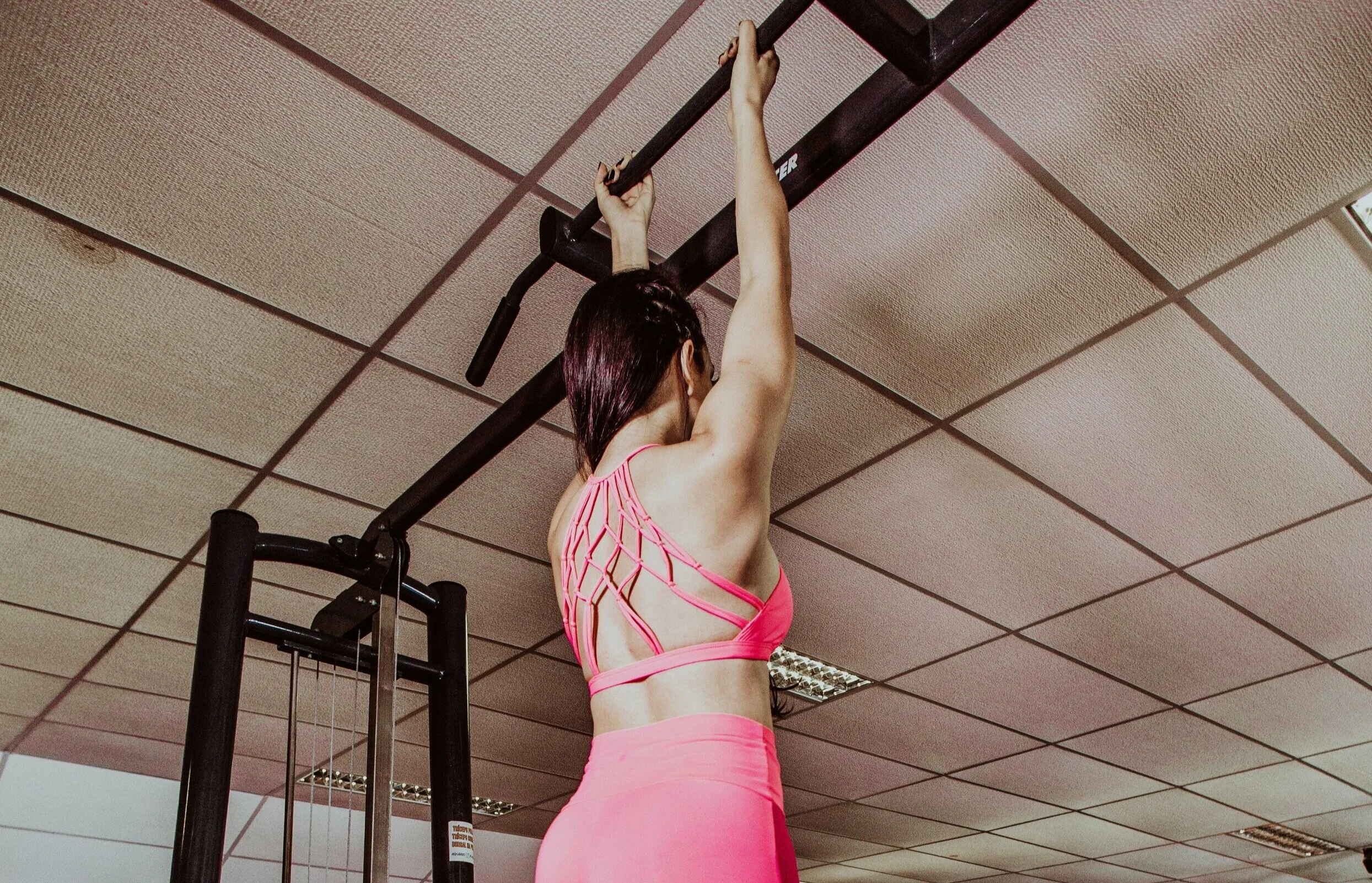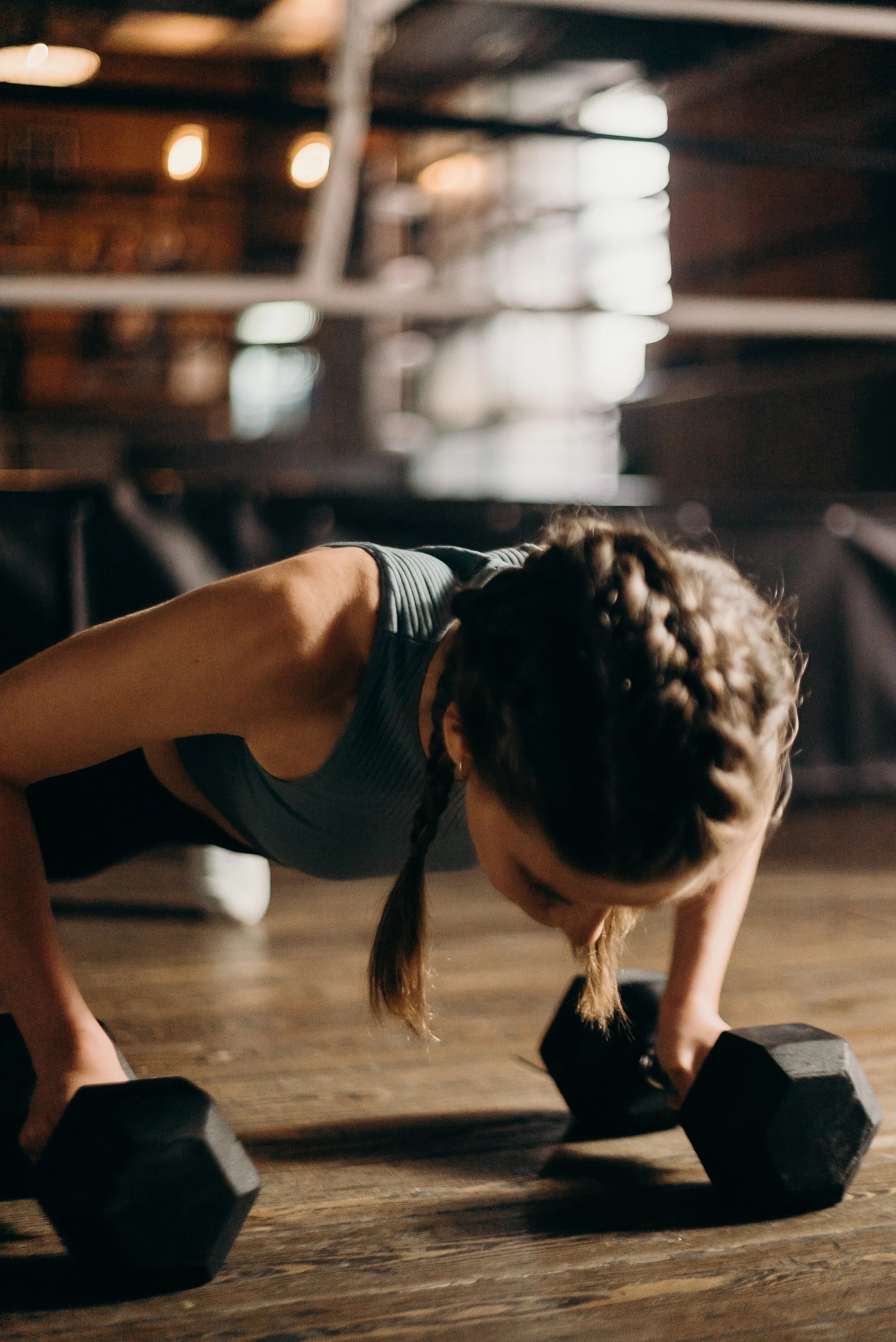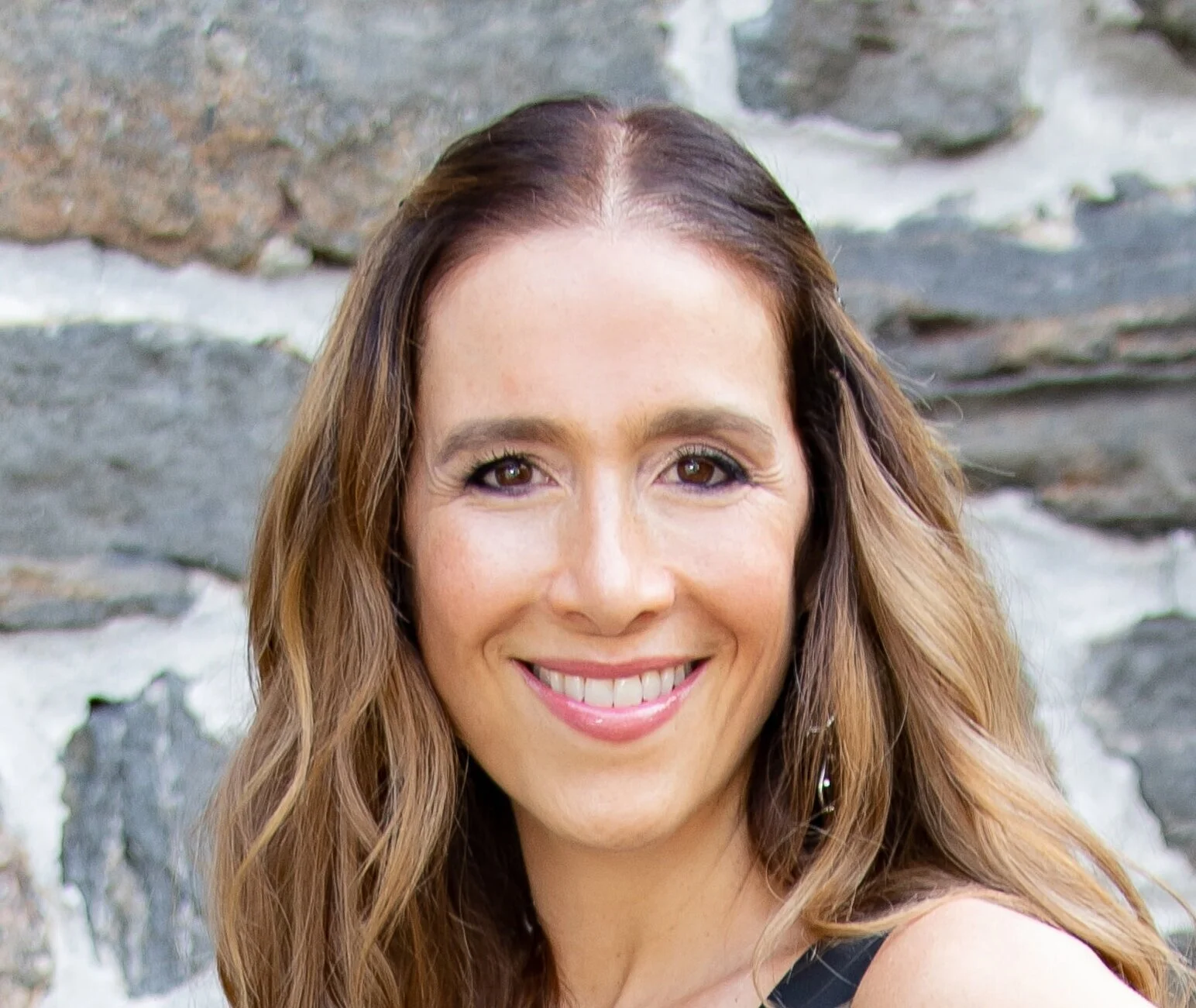Are you looking for protein sources outside of meat? Here are my favorites from the recent weight loss list "45 Vegetarian Protein Sources You Should Be Eating".
What other vegetarian protein sources are missing from this list?
Picture Credit:
Zerobelly.com-Are lentils a good protein source?
More to Read:
Are you ready to try a few weight loss tricks from a personal trainer in Chicago? Check out 6 Things 'Successful Diets Have In Common.
***************
Article Credit:
Author: Michael Moody Fitness with excerpt sourced from the article " 45 Vegetarian Protein Sources You Should Be Eating " on MSN.com.
Personal Trainer Wisdom: The word vegetarian is defined as "relating to the exclusion of meat or other animal products from the diet". If this is so, why are eggs, which is an animal product, on this list of vegetarian protein sources? My guess is that people still think eggs are dairy (thanks to the lobbyist-influenced version of health, the Food Pyramid)...and dairy, for some unknown reason, is not considered an animal product (which doesn't make sense). Moral of the story: Eggs don’t belong on this list, but, yet again, they have appeared on another vegetarian list. Nevertheless, if you choose to eat an animal protein, I think eggs are the best whole nutritional option after fish and seafood. Like all animal products that cause inflammation, though, you should be mindful of its effect on your body.EGGS
Eggs are a great source of heart-healthy monounsaturated and polyunsaturated fats and are an excellent source of protein, with 6 grams of the stuff in a single 70-calorie egg.
Personal Trainer Wisdom: If you choose a soy product, I believe that this is the only acceptable form. Why? It's whole and unprocessed, of course. I'll admit, though, there is much to debate about the health benefits of soy. To be safe, limit your consumption (think GMOs).EDAMAME
A single cup of edamame contains 17 grams of protein, 8 grams of fiber, and is a great source of heart-healthy fats.
Personal Trainer Wisdom: Almonds, as well as most nuts, are easy to add to everything. While this article is bragging about its protein and fiber, you should still be mindful of the (good) fat and calories it may add to a meal.ALMONDS
In just half a cup of almonds, you get 15 grams of protein, 9 grams of fiber, and high levels of calcium, magnesium, phosphorus, and vitamin K. Whether you're eating them raw, using almond flour in your cooking, or adding them to your salad, almonds are one of the easiest ways to get more protein in a meat-free diet.
Personal Trainer Wisdom: Most beans are great source of fiber and protein. I add beans to every meal of my day. If you're worried their physical effects on your body, drain and heat them thoroughly to remove as much of the symptom-causing lectin as possible.CHICKPEAS
Chickpeas pack a lot of protein in a small package, whether you're adding them to your salad or topping your veggies with hummus. One cup of chickpeas contains half of your daily potassium, nearly 70 percent of your daily iron, and 39 grams of protein — that's as much as you'd get in half a dozen eggs!
BLACK BEANS
Black beans are a staple in many vegetarian meals, thanks to their high protein and fiber content, with 39 grams of protein and 29 grams of fiber per cup.
Personal Trainer Wisdom: Outside of beans, lentils are another big punch of protein and fiber in one bite.LENTILS
Filling and easy to incorporate into everything from baked goods to curry, lentils should definitely earn a spot on your grocery list. While a full cup of cooked lentils has only 230 calories, you'll also get 18 grams of protein and 16 grams of fiber.
Personal Trainer Wisdom: I also add hemp seeds to my meals for the same nutrition as well.HEMP MILK
Yes, it comes from the same plant as pot. No, that doesn't mean it will give you a buzz. What hemp milk will give you, however, is a great dairy milk alternative with 3 grams of protein and 2 grams of fiber per cup. Make sure your hemp milk is unsweetened, though — many brands add as much as 30 grams of sugar per cup to this normally low-carb drink.
Personal Trainer Wisdom: You can easily add any seed to your meal to increase it's nutritional density. Chia seeds are my favorite. They offer protein, fiber, and plenty of the omega-3 fatty acids!CHIA SEEDS
With 6 grams of protein and 9 grams of fiber in just 2 tablespoons, you'll be making your favorite food way more filling when you sprinkle these bad boys on top.
Personal Trainer Wisdom: Make Bugs Bunny proud and start eating this leafy protein option instead of your typical lettuce. Try to choose the most nutrient-dense option whenever possible.SPINACH
10 ounces of spinach has 8 grams of protein, 6 grams of fiber, and more than 500% of your daily vitamin A.
Personal Trainer Wisdom: Not a high portion of protein, but a nice addition to any plate. Keep in mind that Brussels sprout tossed with olive oil and bacon may offset these health benefits.BRUSSELS SPROUTS
A cup of Brussels sprouts (which is a pretty small serving, considering each individual sprouts' size), has 3 grams of protein, 3 grams of fiber, and more than your daily recommended dose of vitamin C.
What other vegetarian protein sources are missing from this list?
Picture Credit:
Zerobelly.com-Are lentils a good protein source?
More to Read:
Are you ready to try a few weight loss tricks from a personal trainer in Chicago? Check out 6 Things 'Successful Diets Have In Common.
***************
Article Credit:
Author: Michael Moody Fitness with excerpt sourced from the article " 45 Vegetarian Protein Sources You Should Be Eating " on MSN.com.
